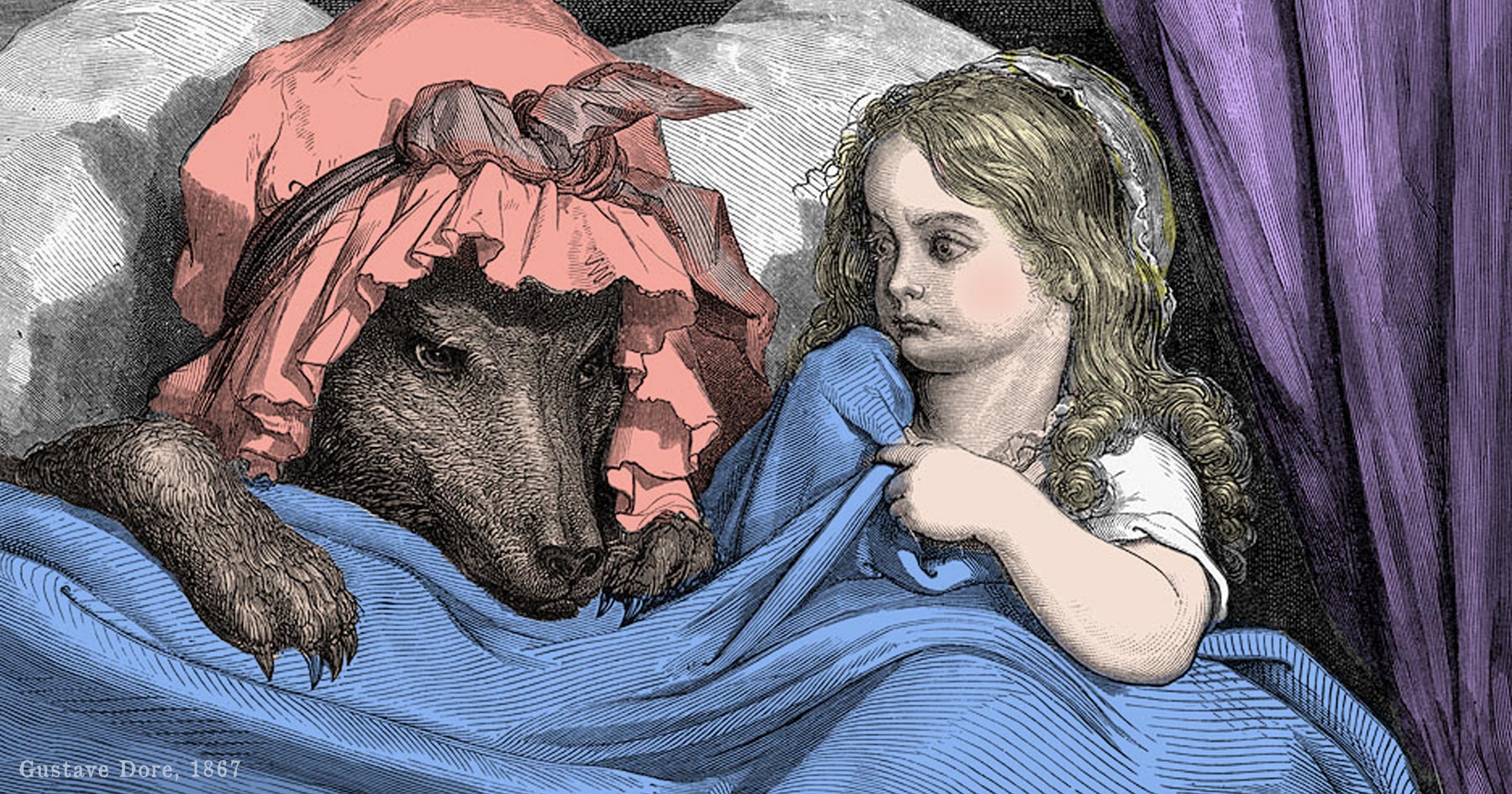When does the same old song-and-dance, performed by yet another self-selected committee of the political elite, become “a unique process” that “Nobody’s ever done …”?
When the much-liberal Denver Post reports the “much-respected” Daniel Ritchie saying so.
Every election cycle for a decade, it seems, a cabal of big-spending politicians and big-receiving special interests form a “prominent” and “bipartisan” group to propose making citizen initiatives more difficult, weakening term limits, and circumventing the state’s Taxpayer Bill of Rights (or TABOR, which limits spending and requires voter approval for tax increases).
This cycle’s iteration is “Building a Better Colorado,” now being formed for a September launch by Ritchie, the former Denver University chancellor.
Sunday’s Post provided the group of “prominent civic and business leaders [not to mention politicians]” ample coverage: “The project — developed behind the scenes for months and detailed in exclusive interviews and documents obtained by The Denver Post — is perhaps the most concerted effort in recent memory to address what organizers see as inherent conflicts in how the state is governed.”
Conflicts?
“Those conflicts, they say, are impeding Colorado’s ability to build new roads, put more money in classrooms, engage an increasingly disenchanted electorate and prepare for the future.”
“I’ve seen this game played too often in Colorado,” remarked the Independence Institute’s Jon Caldara. “It’s like a Kumbaya committee. We are going to get all these people who are marginally diverse and at the end of this long process … the conclusion is to raise taxes.”
While the “new” group isn’t “advocating any specific policy outcome” and plans to engage the public at town hall meetings, the meetings’ agenda has been pre-set … by “experts.”
This is Common Sense. I’m Paul Jacob.


2 replies on “Conflicts Perplexing Prominent Politicians”
What perplexes politicians, “civic leaders” and those who wish to be “charitable” with other person’s assets acquired by compulsion, is the universal trait of humanity to desire to have and use for their own and families benefit their finite resources.
Most persons are less interested in the common good than their own, especially those in all of the above categories, who actually seek the admiration for “providing” the benefits of their pet programs but without the responsibility of paying the bill. I hate to break the news to them but they, nor anyone else, will ever get to heaven by increasing others burdens and taxes..
Well said.